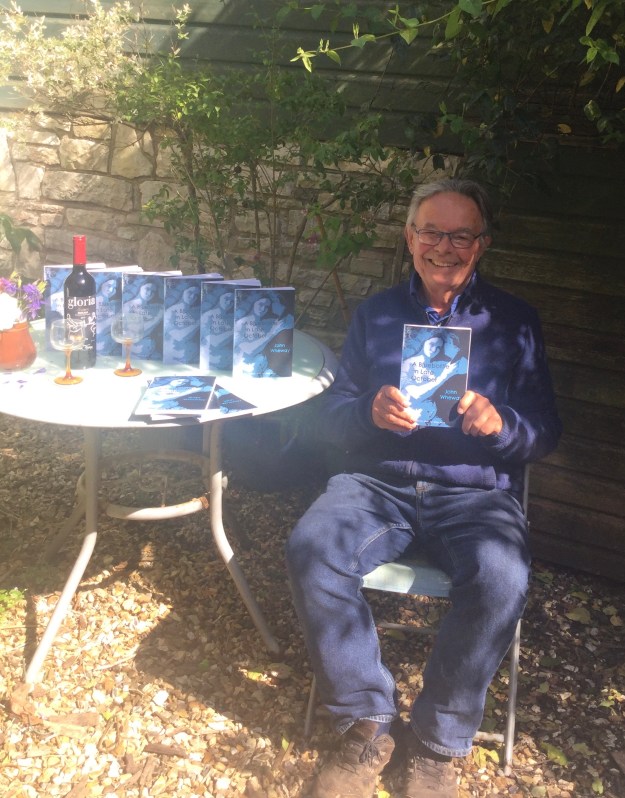
Elderflower Wave
- Poetry occurs in both prose and verse. As does story, though nowadays the dominant fashion is for stories in prose, lyrics (expressing personal or private feelings) in verse. Flash fiction, though, is often both lyric and narrative.
-
Here, for example, is a flash micro attributed (dubiously) to Hemingway:
For Sale. Baby shoes. Never worn.
There’s no doubt this is a story. But its brevity makes it immediate for me. It cuts straight to the heart, which is a lyric effect.
A hypothesis: brevity makes flash fiction live in the tension between story and lyric. I’d suggest that the longer the flash (or any other piece of literature), the more it inclines towards story. The shorter it is, the stronger the lyric element.
Why not test this against your own examples? Continue reading

 I’m very happy that my new full collection A Bluebottle in Late October is now out with
I’m very happy that my new full collection A Bluebottle in Late October is now out with  My Review of ‘The Air Year’ the new poetry collection
My Review of ‘The Air Year’ the new poetry collection  My review of ‘Afterwardness’ by Mimi Khalvati reproduced here, was published in
My review of ‘Afterwardness’ by Mimi Khalvati reproduced here, was published in 
